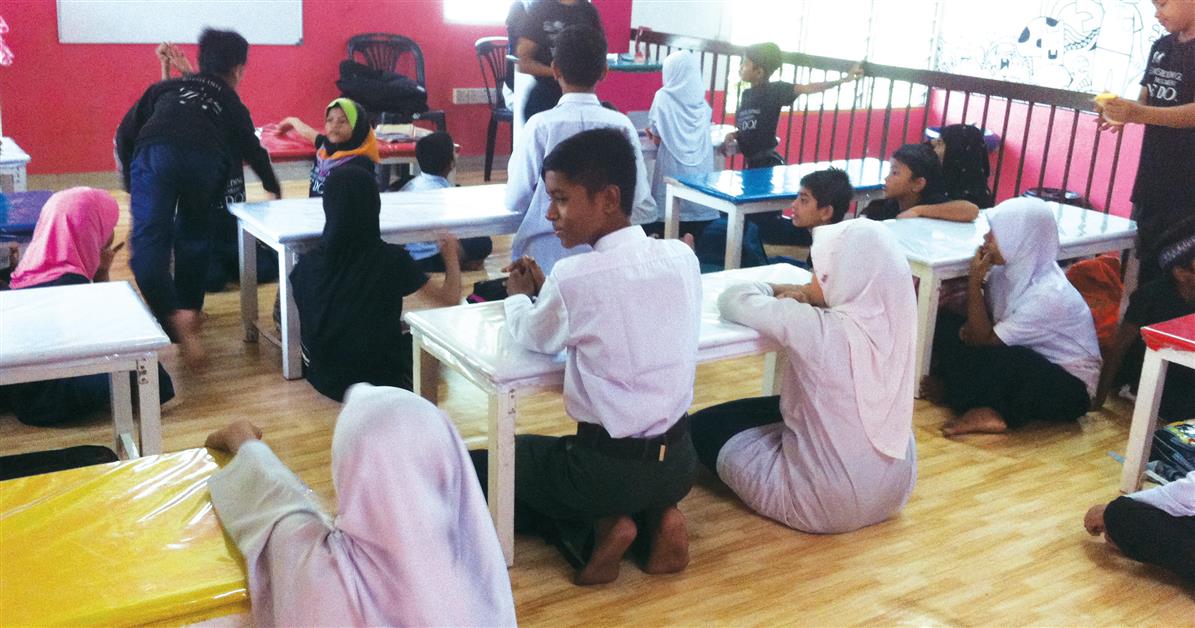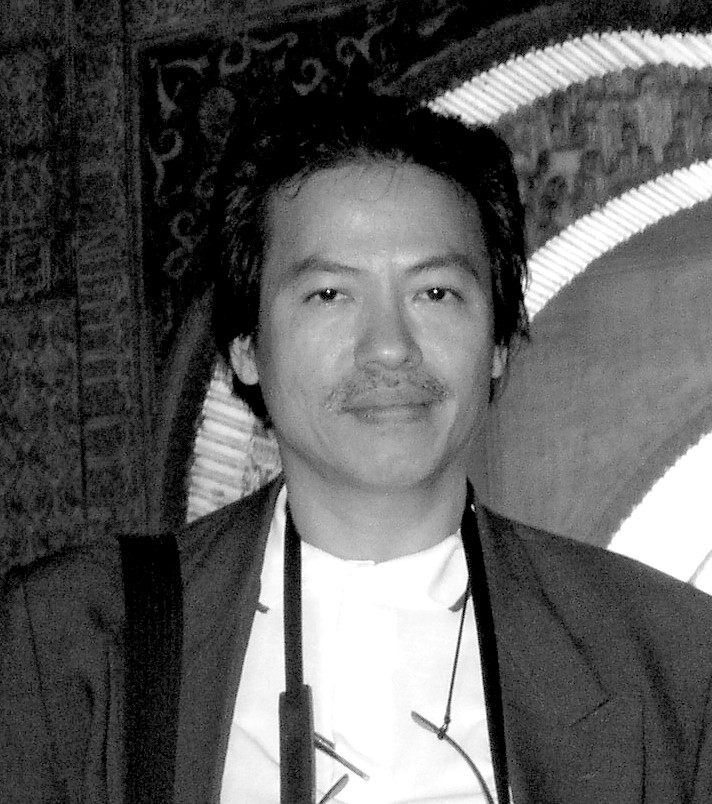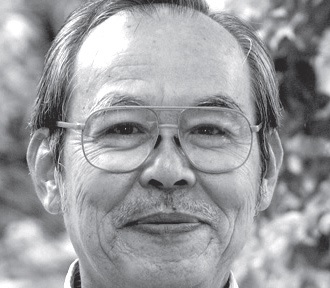Sixty gain education – and hope – at Peace Learning Centre while their parents seek illegal work.
When the Burma Citizenship Law was enacted in 1982, 800,000 Rohingya were left stateless because it no longer recognised them as citizens. Stateless and vulnerable to abuse, they were subject to forced labour, harassment, rape, arbitrary land seizure and destruction of property.

Sofi*, who was 15 years old then, ran away from Maungdaw with his mother and siblings after the 2012 Rakhine State riot. “My father came to Penang in 2009. The boat fare was RM6,000 and he had to raise the funds for it by borrowing money from friends and relatives. As soon as he arrived in Penang, he found jobs in construction sites and raised enough money to send for my mother, my sister and me in 2013. It takes about five to 15 days to arrive in Penang, depending on the weather and the skill of the boat captain. The boat I was in took 15 days to arrive in Penang. It was very cramped and dirty. I was so happy to be off it.”
As UNHCR refugees, the Rohingya here are granted freedom of movement without fear of getting locked up by the local authorities. However, they have little or no access to education and employment.






